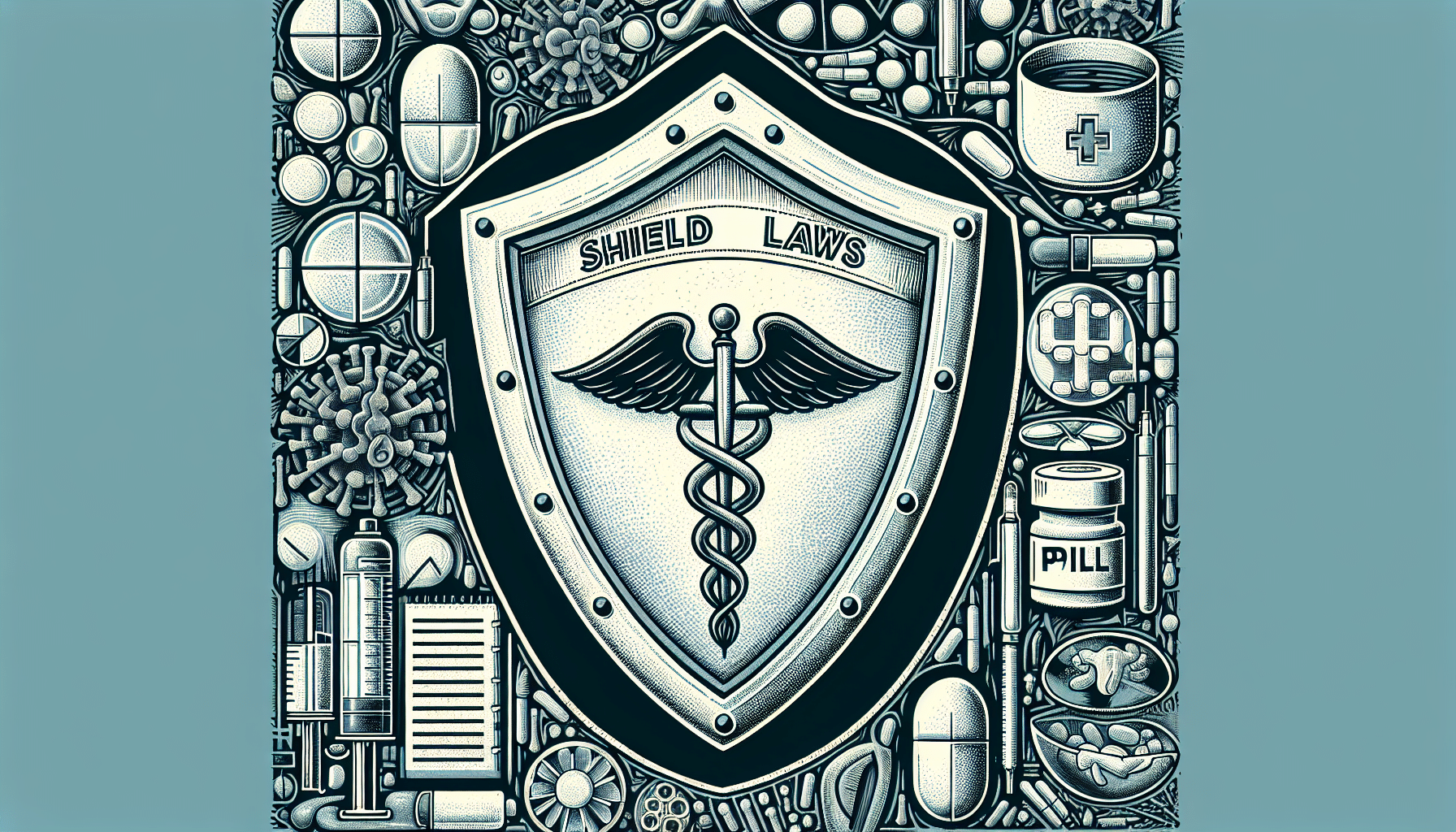Exception to Medical Norms: The Case of Shield Laws and Abortion Pills
Share with your friends:
Use the Facebook, Twitter, and print sharing options available.
There’s an interesting law-related phenomenon that may surprise you. In states where abortion is legal, a doctor can send abortion pills to a woman living in a state where abortion is illegal, without facing any legal repercussions. This is due to “shield laws,” which protect abortion providers from civil or criminal charges in such cases.
Although prescribing these drugs goes against the laws of the receiver’s state, the doctor resides in a state where they aren’t breaking any rules, so they don’t face any legal action— at least for now. This puzzling area of law is currently being tested in legal battles.
The courts will eventually have to decide whether a telemedicine abortion is considered to occur in the provider’s state or the patient’s state. This is disputed because, according to several legal sources, the practice of medicine is usually considered to occur where the patient is located.
Currently, 22 states, including D.C., have shield laws for abortion providers, protecting them from being prosecuted due to “out-of-state investigations and prosecutions.”
New York’s shield law is currently being tested. A New York doctor, Maggie Carpenter, was ordered by a Texas District Court judge to pay a fine for violating Texas law by providing abortion pills to a woman in Texas. Additionally, she has been ordered to stop practicing medicine in Texas, as she is not licensed in this state.
In a separate case, the same doctor faces felony charges in Louisiana after a mother ordered abortion pills for her daughter online. The Governor of New York, Kathy Hochul, is refusing to comply with the extradition order for the doctor. This case could potentially go to the Supreme Court, raising questions bout whether one state has the constitutional authority to ignore another state’s laws.
Abortion pills and telehealth can be a dangerous combination. The medication mifepristone, used along with misoprostol in medical abortions, are often portrayed as safe, but that’s not the whole truth. The process can be extremely painful and often results in emergency room visits. Additionally, abortion pills obtained online with little medical oversight can lead to improper care and delayed treatments.
With the rise of abortion pill usage since the Supreme Court overturned Roe v. Wade in 2022, abortions are becoming less rare, less safe, and less legal. The idea of a woman getting an abortion without even speaking to the prescribing doctor contradicts the pro-choice advocacy of abortion being a decision “between a woman and her doctor.”
Shield laws are rather unique, as they don’t apply to other medical procedures. Making an exception for abortion logically and legally doesn’t make sense. While some view the legal challenges to these laws as an attack on reproductive rights, others see it as a necessary step in challenging these ambiguities.
